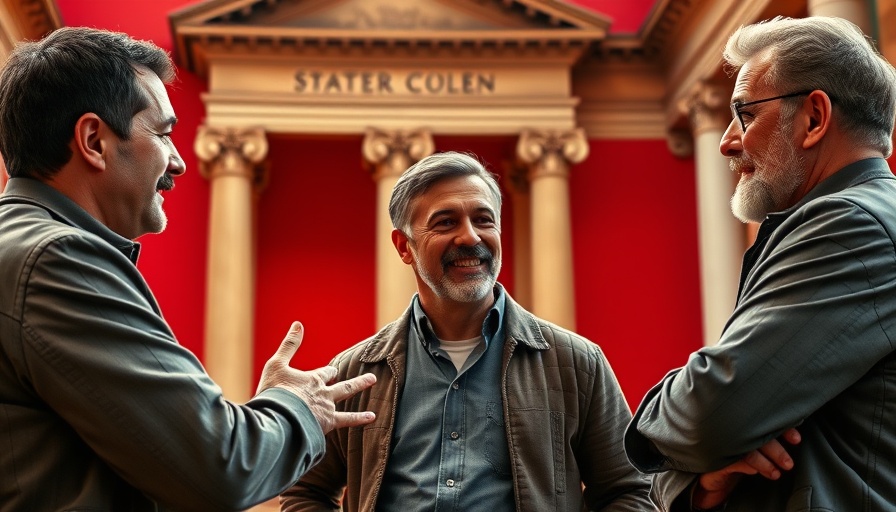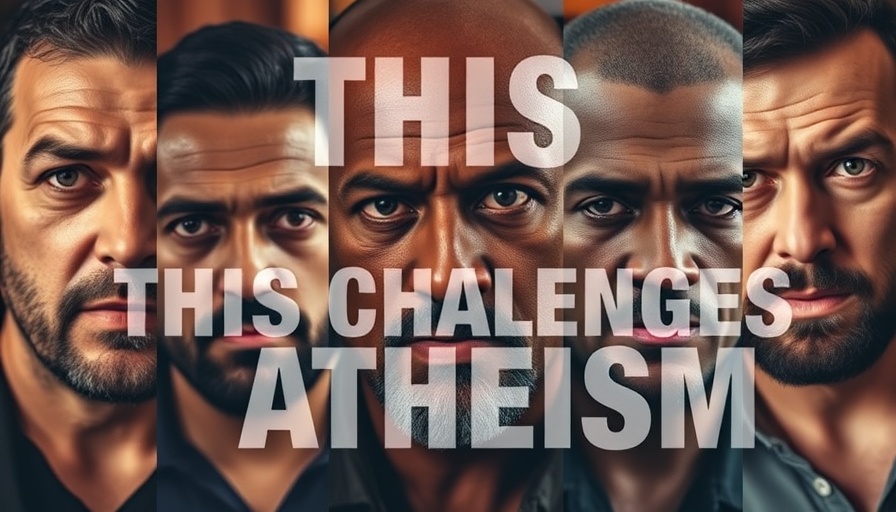
Echoes of the Past: The Architecture of Roman Ideals
In exploring the streets of Trento, with its breathtaking views of the Dolomite Mountains and a rich tapestry of history, the conversation naturally turns to Rome and its monumental legacy. The grandeur of Roman architecture stands as a testament not only to their artistic abilities but also to their pervasive ideologies. From the Pantheon to the Colosseum, each structure tells a story of a civilization that once exerted immense political and spiritual influence over its subjects. It raises a pivotal question: What lessons can we draw from this ancient society and its intertwining with Christianity?
In AC Podcast #549 - The Birth of Fascism and the Death of Rome, the discussion dives into Italy’s rich historical landscape and its implications on modern governance, prompting a deeper analysis of the themes presented.
Understanding Fascism: Authority and Control in Modern Contexts
The topic of fascism has become a focal point in contemporary discussions about power and governance. Understanding that fascism originated in Italy with figures like Mussolini highlights a historical fear of totalitarianism that can inform our view on modern political movements. As we reflect on the charisma that these leaders commanded, it becomes clear that the desire for strong authority often arises in times of societal distress. This is especially relevant today when many are concerned about the erosion of values in various political landscapes.
Can Christianity and Authority Coexist?
What makes the early Christian church's response to Roman authority so compelling is its revolutionary stance against the idea of a divine ruler. Jesus Christ, heralded as a servant leader, modeled a radical alternative to prevailing notions of power by advocating for a love that compels radical humility and service. In stark contrast to authoritarian regimes that utilize power for oppression, the Christian faith emphasizes a relationship with God that underpins human dignity and value—positioning all individuals as equally worthy.
Why the Fascination with Rome?
The nostalgia for Rome as a symbol of cultural and intellectual superiority persists in contemporary society. Yet, this romantic vision is often devoid of the brutal realities that accompanied Rome's rise. Notably, the grandeur of Roman achievements was built upon subjugation and moral compromise. Such reflections encourage us to rethink our own socio-political contexts and challenge the status quo of how power is wielded today.
The Challenges of Contemporary Social Justice
The modern quest for social justice raises important questions about how we define equity and fairness in society. As terms like 'social justice' take center stage in political discourse, they often become tools of coercion, reminiscent of ancient practices that compel rather than inspire. The call to change hearts—rather than enforce rules—highlights the essential role of Christian teachings in promoting genuine, transformative justice.
From Rome to Today: What’s at Stake?
As we traverse the streets of Italy, examining the ruins of an empire that once dominated much of the known world, it acts as a historical mirror reflecting our own political challenges. The struggles we witness today seem to echo ancient conflicts over morality, authority, and power. Maintaining a discerning eye toward history allows us to navigate current events with wisdom gained from past errors.
In conclusion, our pilgrimage through Trento presents a captivating and instructive narrative about the interplay between faith and power. As believers, we are reminded that while ancient Rome epitomized certain ideals, it did so at the cost of widespread suffering. The Christian response to such realities continues to resonate today. Let us emphasize love and service over power, striving to build societies grounded in grace and truth—principles that lead to true flourishing for all.
If you're interested in learning more about how historical context shapes contemporary faith practices, consider subscribing to our newsletter to stay updated with our latest discussions and findings.
 Add Row
Add Row  Add
Add 








Write A Comment